
Mistaking Identity Politics: A Conversation with Asad Haider (Part II)
"We have to come back to the straightforward explanation that this is a society which is structured by racial oppression and has been for its entire history."

"We have to come back to the straightforward explanation that this is a society which is structured by racial oppression and has been for its entire history."
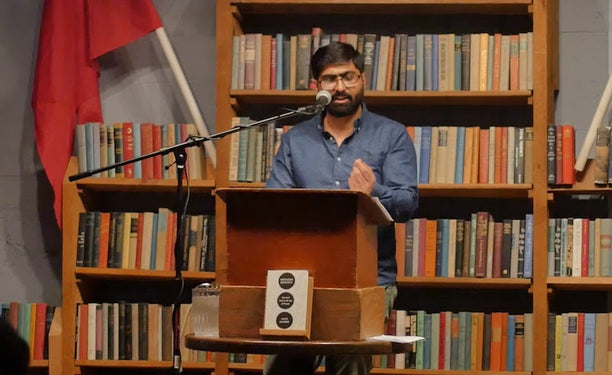
"We can't decide in the abstract which of any social relations is more determinant in any particular social phenomenon. Some have primacy in particular moments, some come in a particular kind of sequence, but we can't just say: race, class, which one is more important?"

"We must dare to point out the Caribbean stain on France's face, since so many of the French seem determined to tolerate no shadow of it."
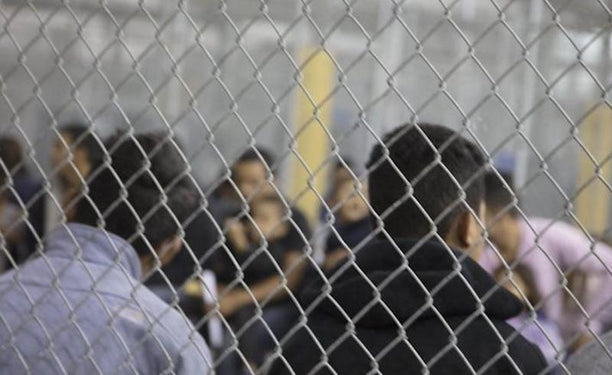
Comparisons between Trump's border regime and the Nazi genocide often obscure more than they reveal about white supremacy, past and present.
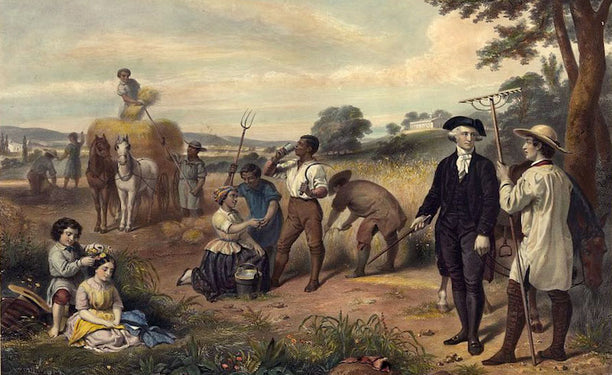
Domenico Losurdo looks at the foundational link between liberalism and Atlantic slavery, and liberal philosophers' shifting positions on slavery in the period between Somersett v Stewart and the American Civil War.
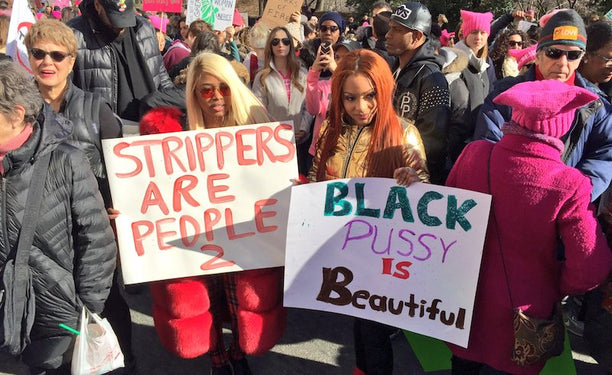
Sociologist Siobhan Brooks discusses the New York City Strippers' Strike, her experience organizing the Lusty Lady, and racism in sex work.
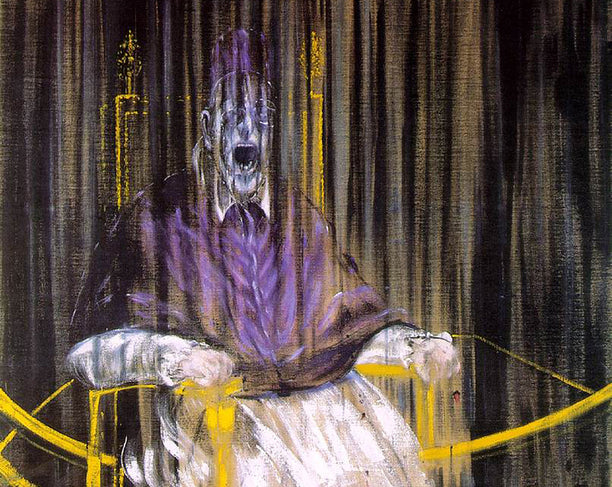
Asad Haider traces Spinoza’s question through the ideas of Wilhelm Reich and Stuart Hall, and argues that to make politics possible again we need to abandon the position of moral and political purity that can only rely on superstition.
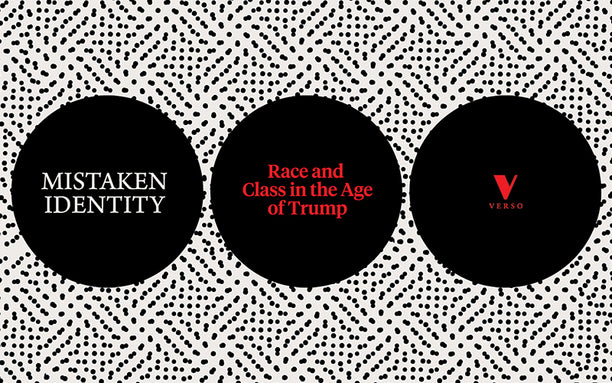
Asad Haider's left critique of "identity politics," a call for us to move beyond individual recognition to the collective struggle for an egalitarian society.
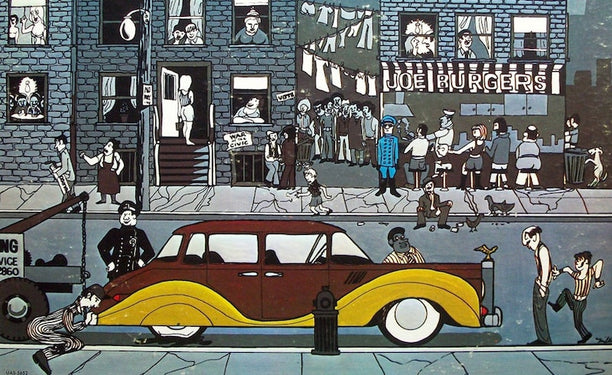
A playlist of songs that informed or express aspects of the theory and history presented in Mistaken Identity.
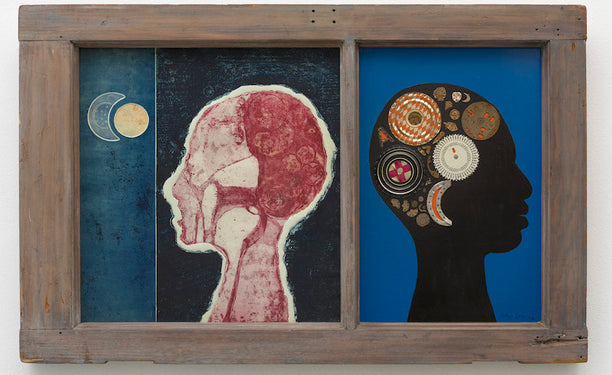
By ignoring African American intellectual history, many accounts of 1968 consolidate the very segregation 1960s youth were once so determined to undo.
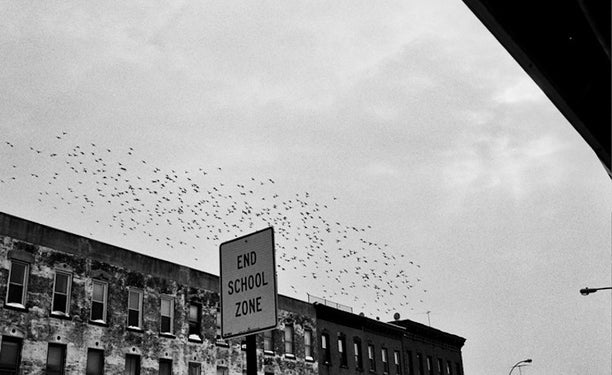
Marjorie Murphy looks at the often fraught relationship between rank-and-file public school teacher militancy and the urban uprisings of the late 1960s and early 70s.
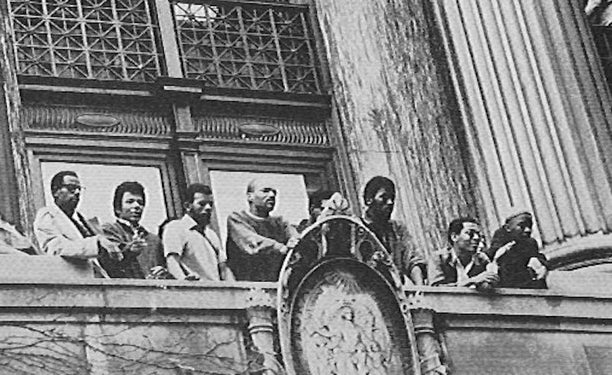
How a Black United Front in Harlem, the Students’ Afro American Society, and Students for a Democratic Society took on Columbia University, Mayor John Lindsay, the New York Times, the NYPD in 1968 — and won!